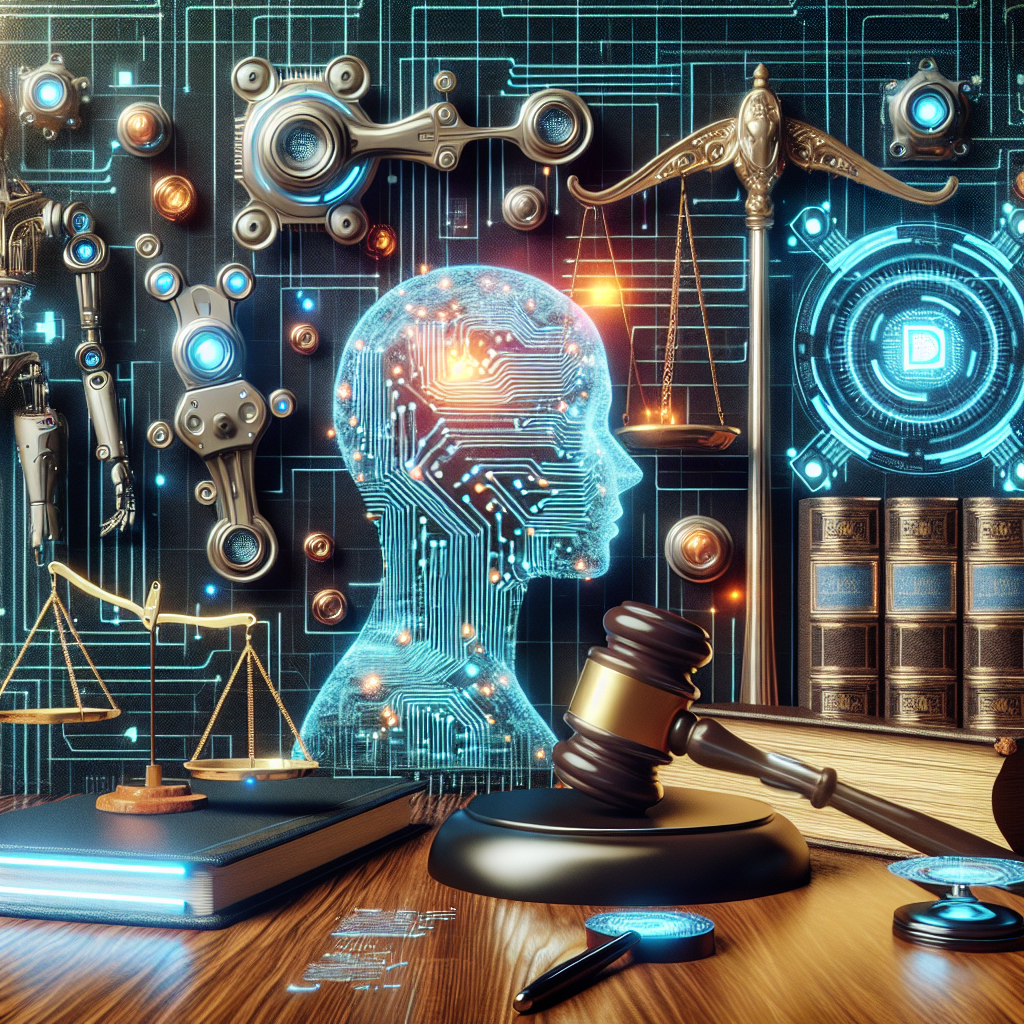In recent years, the legal industry has seen a significant shift towards embracing technology to streamline processes, improve efficiency, and enhance collaboration. One of the most exciting developments in this space is the integration of artificial intelligence (AI) tools into legal workflows. AI has the potential to revolutionize the way legal professionals work, making their jobs easier, faster, and more accurate.
AI tools can help legal professionals in a variety of ways, from automating routine tasks to analyzing vast amounts of data to uncover insights that would be impossible for a human to find. By leveraging AI technologies, legal teams can improve collaboration, increase productivity, and deliver better results for their clients.
Enhancing Legal Collaboration with AI Tools
One of the key benefits of AI tools in the legal industry is their ability to enhance collaboration among legal professionals. Traditionally, collaboration in the legal field has been a time-consuming and labor-intensive process, requiring multiple people to work together on a single case or project. With AI tools, legal teams can now collaborate more efficiently and effectively, sharing information, insights, and resources in real-time.
AI tools can streamline the collaboration process by automating routine tasks, such as document review, case analysis, and legal research. By offloading these tasks to AI tools, legal professionals can focus their time and energy on more high-level, strategic work, such as case strategy, client communication, and negotiation. This not only improves efficiency but also allows legal teams to deliver better results for their clients.
Furthermore, AI tools can help legal professionals work more effectively across different practice areas and jurisdictions. For example, AI-powered translation tools can help legal teams communicate with clients and colleagues who speak different languages, while AI-powered research tools can help legal teams access and analyze legal information from different jurisdictions around the world. This can be especially helpful for multinational corporations and law firms that work on cases with a global reach.
FAQs about AI Tools in Legal Collaboration
Q: How can AI tools improve collaboration among legal professionals?
A: AI tools can improve collaboration among legal professionals by automating routine tasks, such as document review, case analysis, and legal research, freeing up time for legal professionals to focus on more strategic work. AI tools can also help legal teams work more effectively across different practice areas and jurisdictions by providing access to insights and information that would be impossible for a human to find.
Q: What are some examples of AI tools that can enhance legal collaboration?
A: Some examples of AI tools that can enhance legal collaboration include document review tools, case analysis tools, legal research tools, and translation tools. These tools can help legal teams work more efficiently, communicate more effectively, and deliver better results for their clients.
Q: How can legal professionals integrate AI tools into their workflows?
A: Legal professionals can integrate AI tools into their workflows by identifying areas of their practice that could benefit from automation or data analysis, researching available AI tools that address those areas, and implementing those tools into their workflows. It’s important for legal professionals to work closely with their IT teams and vendors to ensure that AI tools are implemented securely and effectively.
Q: Are there any ethical or regulatory considerations when using AI tools in legal collaboration?
A: Yes, there are ethical and regulatory considerations when using AI tools in legal collaboration. Legal professionals must ensure that AI tools are used ethically and in compliance with relevant laws and regulations, such as data privacy and confidentiality laws. It’s important for legal professionals to understand how AI tools work, what data they collect, and how that data is used to ensure that they are using AI tools responsibly.
In conclusion, AI tools have the potential to revolutionize the way legal professionals collaborate, improving efficiency, productivity, and results for their clients. By leveraging AI technologies, legal teams can work more effectively across different practice areas and jurisdictions, automate routine tasks, and access insights and information that would be impossible for a human to find. As AI tools continue to evolve and become more sophisticated, the possibilities for enhancing legal collaboration are endless.

